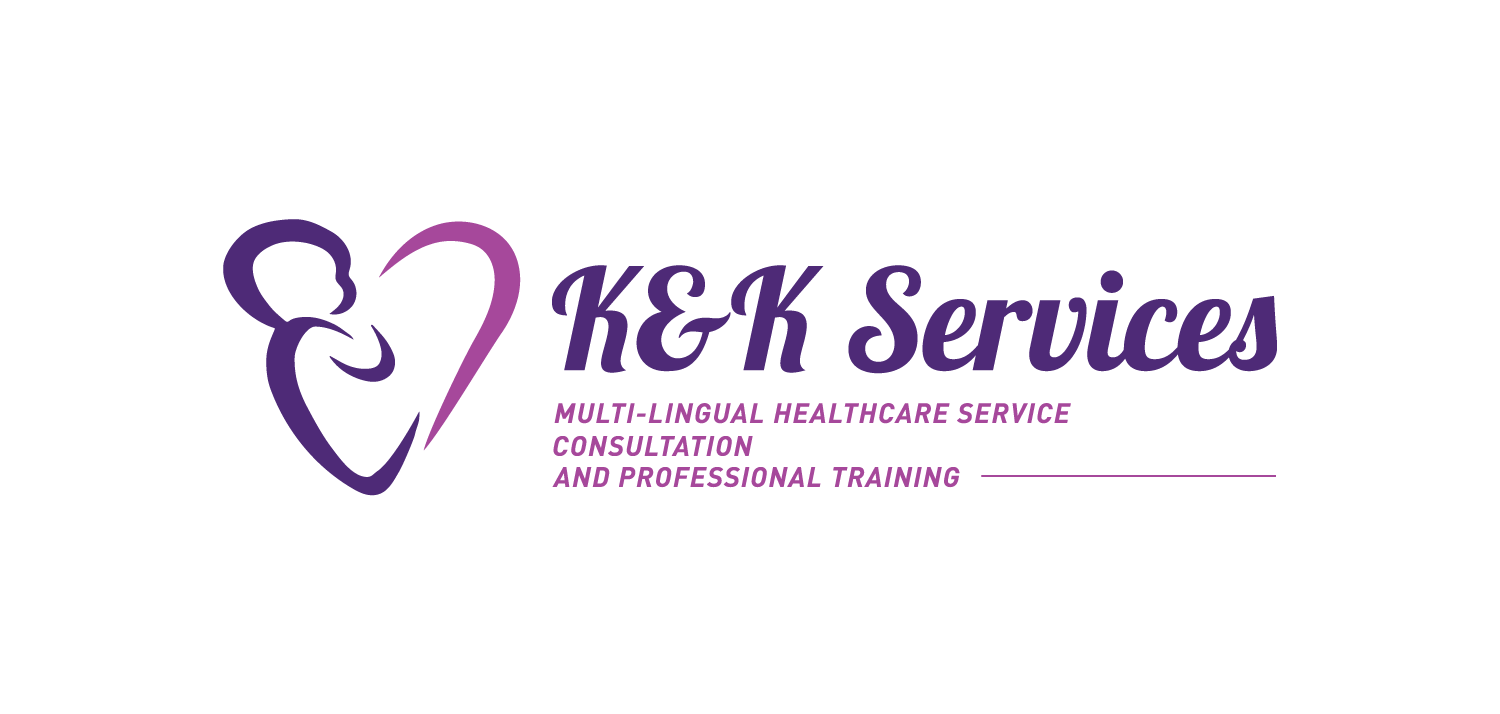6/5/25-Empowering Caregivers: Navigating Oral Health for Dependent Older Adults
- shienamaypatriarca
- Jun 5, 2025
- 3 min read
Written by: Guest Blogger Cheryl Conklin

It’s not about brushing teeth. Not really. It’s about dignity. Comfort. Feeling like your mouth still belongs to you. For caregivers, tending to someone’s oral health isn’t just another box to check—it’s an act of care that runs deeper than surface-level hygiene. And truth is, once you know what to look for, the work gets lighter, not harder.
Establishing Daily Oral Hygiene Routines
Let’s be real: consistency trumps perfection. Your job isn’t to become a dental hygienist overnight—it’s to help them stick to the basics. That means brushing twice daily with fluoride toothpaste, ideally after meals, and finding a rhythm that doesn’t feel like a fight. Use soft-bristled brushes; firm ones just scratch and stress out the gums. If you’re noticing resistance, switch things up—music, timing, even the brush itself. You’re building a habit, not enforcing a rulebook.
Recognizing the Impact of Oral Health on Overall Well-being
It’s wild how often this gets overlooked. Mouth pain doesn’t just hurt—it changes how people eat, sleep, even talk. Poor hygiene can spiral into infections, which, for older adults, might trigger issues elsewhere. Heart, lungs, blood sugar—it’s all connected. Supporting oral care isn’t “just hygiene”; oral health can prevent pathologies you’ll never see coming until they hit hard. What seems small? Isn't.
Embracing Technology for Efficient Record-Keeping
No one has time to dig through paper folders during a dental emergency. Going digital saves you hours and headaches. Scan appointment notes, med changes, and x-rays the minute you get them. Better yet, download a free scanner app that turns your phone into a document wizard. Snap, convert to PDF, and share if needed. It’s not tech for tech’s sake—it’s control in your back pocket.
Utilizing Adaptive Tools for Effective Oral Care
Forget squeezing toothpaste and perfect angles—some folks just can’t. That’s not a failure. It’s biology. Meet them where they are. Try a power or multiple-sided toothbrush that doesn’t need finesse to do its job. Use floss picks if regular floss gets dropped ten times in five seconds. Adaptive tools aren’t shortcuts—they’re equalizers. They give people a shot at autonomy when the body’s working against them.
Monitoring for Changes and Seeking Professional Care
You know that look—when something’s off but they won’t say it. Watch the mouth. Swollen gums? Cracks at the corners of the lips? Backing off from favorite foods? That’s data. Use it. Book the visit. See your dentist regularly for a checkup and cleaning, not just when things go wrong. Routine equals prevention. It’s cheaper, kinder, and it makes you the hero before there’s a crisis.
Encouraging Hydration to Combat Dry Mouth
Meds do a number on saliva. It dries up, and so does comfort. Suddenly everything’s sticking—lips, tongue, even dentures. The fix isn’t fancy. Offer water, often. Make it easy to reach. Sugar-free gum can help. Don’t overthink it—just treat dry mouth like the discomfort multiplier it is. More hydration = less pain = better everything.
Encouraging Regular Dental Visits
This isn’t about the chair. It’s about the check-in. Seeing a pro every few months allows them to talk to a dental professional every three to six months, not just when something breaks. It helps catch stuff early and keeps them feeling like they’re still part of a system that sees them. If transport’s the barrier, schedule it with something joyful—ice cream after, maybe. The visit becomes an anchor, not an ordeal. Care doesn’t always look like medicine.
Creating a Calm Environment for Oral Care
Mood matters. If someone’s tense, distracted, or unsure, even the gentlest toothbrush can feel like an intrusion. Set the tone: soft lighting, minimal noise, maybe a favorite song playing in the background. Let them hold the brush first—feel the routine isn’t happening to them but with them. Keep your tone light, your pace slow, your expectations flexible. When the vibe shifts from clinical to calm, resistance drops and care gets easier—for both of you.
You don’t need fancy tools or degrees to protect someone’s smile—you need clarity, consistency, and a bit of stubborn kindness. Yes, some days it’ll be frustrating. But those six minutes brushing? They ripple out. Into meals, moods, memories. That’s the real payoff. Not white teeth. But a person who feels seen, supported, and whole.
👉 Start small. Support oral care with confidence and compassion. Let K&K Services help you care better—every day.
Discover personalized healthcare solutions with K&K Services, where we offer multilingual support and specialized care to help you and your family thrive in health and happiness.
#CaregiverSupport #OralHealthMatters #DignityInCare #SeniorCareTips #CompassionateCare #MultilingualCare #AgingWithDignity #HealthySmilesHealthyLives #KandKServices #CaregiverLife #ElderlyCare #DailyCareRoutine #WholePersonHealth #DentalCareForSeniors #EmpoweredCaregivers #AdaptiveCareTools #DryMouthRelief #GentleCare #CareWithKindness




Ya sure,
Highly recommend, you know?